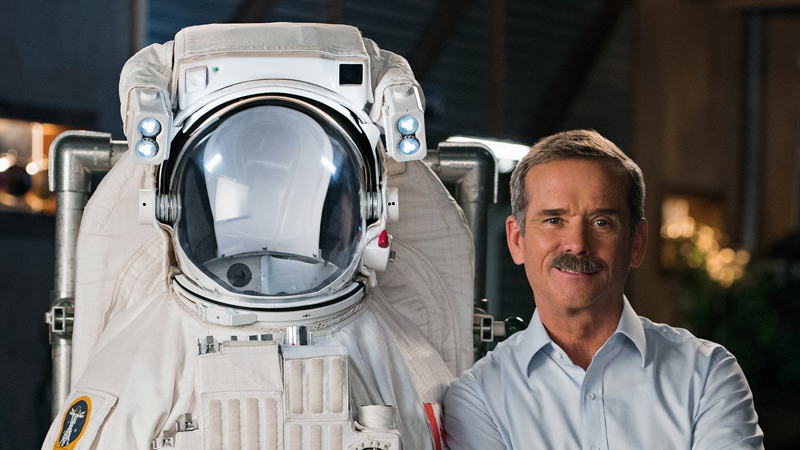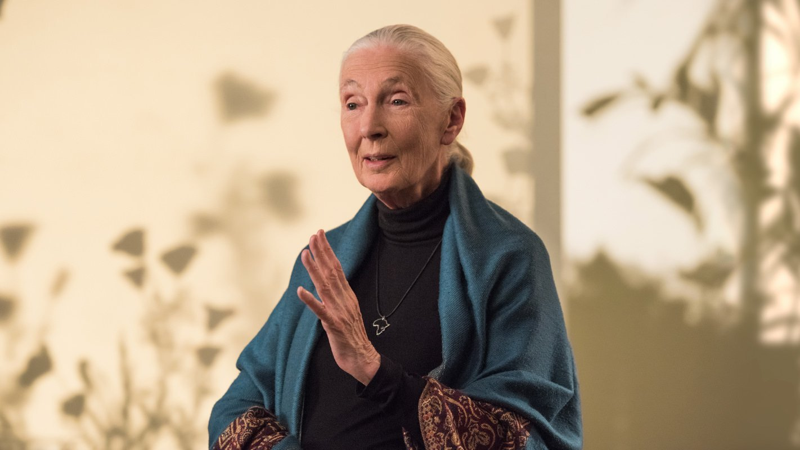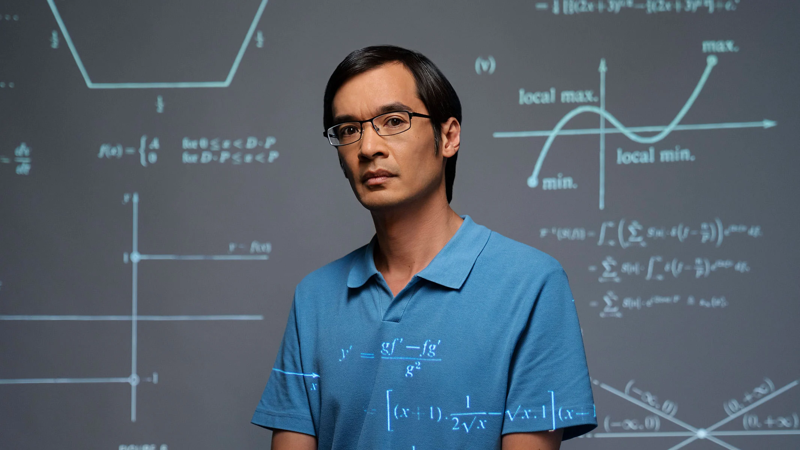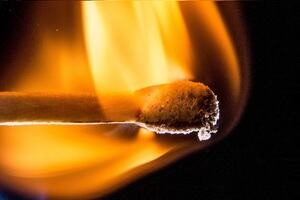Course overview
- Provider
- Futurelearn
- Course type
- Free trial availiable
- Deadline
- Flexible
- Duration
- 3 hours
- Course author
- Chris Armstrong
Description
Curious about thermodynamics or thinking about studying it at university?
This short course from the University of Hull offers a short introduction to the fundamentals of thermodynamics – the branch of physics that deals with heat and its relation to energy.
Learn about the ideal and non-ideal conditions for thermodynamicsBoth science and engineering revolve around the nature of energy and energy exchange.
Whether you’re working on a small or industrial scale, it’s important to know the effects of pressure, temperature, and heat, as well as be able to accurately predict what will happen when these states change.
On this course, you’ll get to grips with the ideal and non-ideal conditions for thermodynamics.
You’ll consider how these conditions inform what we know about energy and how they can help us predict whether a chemical reaction will happen.
Explore the physics behind the ideal gas law with experts at the University of HullThe Department of Chemistry at the University of Hull has contributed to major chemical developments in recent decades, contributing to liquid crystal displays, bioplastics, and smart materials.
The teaching within the department has been recognised by several innovative teaching awards.
Led by academics from this award-winning team, you’ll discover the underlying physics of gas molecules and their related properties.
Study the nature of energy and workYou’ll learn how to calculate the amounts – in moles and mass – of chemical substances, and compare gases in ideal and non-ideal conditions to improve calculation accuracy.
You’ll also learn how to predict a chemical reaction based on energetic properties and temperature, classify reactions as endothermic or exothermic, and predict and classify reactions as spontaneous or nonspontaneous.
Similar courses

-
7 hours
-
29 lessonsCertificate

-
5 hours
-
29 lessonsCertificate


